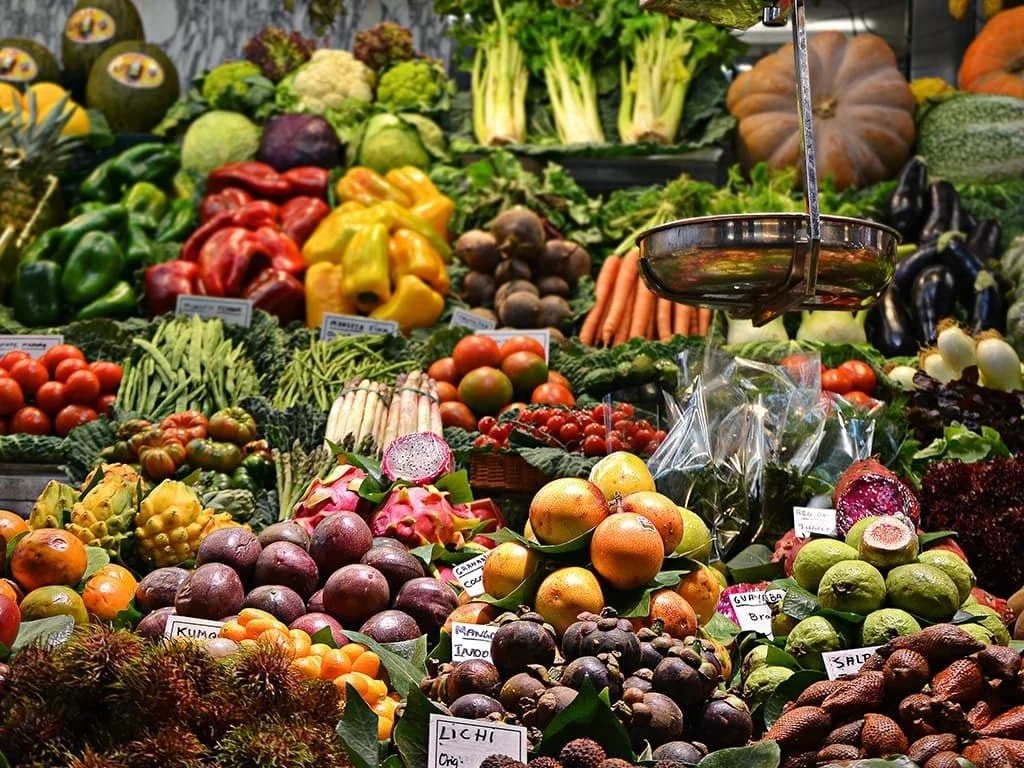Islamabad 7 August: Pakistan’s food import bill climbed to an unprecedented $8.14 billion in fiscal year 2024-25, a 3% increase from $7.90 billion in FY24, fueled primarily by record-high imports of palm oil, soybean oil, pulses, and dried fruits and nuts, according to the Pakistan Bureau of Statistics (PBS).
The surge underscores the nation’s growing reliance on imported food staples, raising concerns about food security and trade balance amid rising global prices and domestic demand.
Palm oil imports reached a new peak of 3.213 million tonnes, valued at $3.4 billion, surpassing the previous record of 3.197 million tonnes worth $2.66 billion in FY21.
The average price per tonne rose significantly from $927 in FY24 to $1,056 in FY25, reflecting higher global commodity prices and increased local consumption. Soybean oil imports also hit an all-time high, with 321,107 tonnes imported for $344 million, up from 119,845 tonnes worth $129 million the previous year, despite a slight dip in the per-tonne price from $1,081 to $1,070.
The import of pulses saw a sharp rise, with 1.464 million tonnes valued at $1 billion in FY25, compared to 1.166 million tonnes worth $774 million in FY24, driven by a 16.6% drop in domestic gram production and growing demand for staples like lentils and moong beans.
Dried fruits and nuts imports also soared to 165,790 tonnes worth $143 million, up from 102,566 tonnes valued at $71 million in FY24, spurred by seasonal demand during festivals like Eidul Fitr and Rabi-ul-Awal.
READ MORE: Pakistan’s Food Import Bill Plummets 18% Amid Declining Consumption
Despite global price declines in edible oils, local prices for cooking oil and ghee remain elevated, prompting criticism of inadequate price monitoring. The Economic Coordination Committee (ECC) has called for stricter oversight by the Ministry of Industries, the Competition Commission of Pakistan, and provincial authorities to address potential cartelization and ensure affordability for consumers. However, industry representatives argue that local prices align with international trends, rejecting claims of market manipulation.
The record import bill highlights Pakistan’s struggle with declining domestic agricultural output, with gram production dropping to 175,000 tonnes from 209,000 tonnes and moong production falling to 131,000 tonnes from 153,000 tonnes in FY24.
Experts warn that without robust agricultural reforms, such as modernizing cultivation techniques and improving coordination between federal and provincial governments, Pakistan’s dependence on costly imports will continue to strain its economy.









